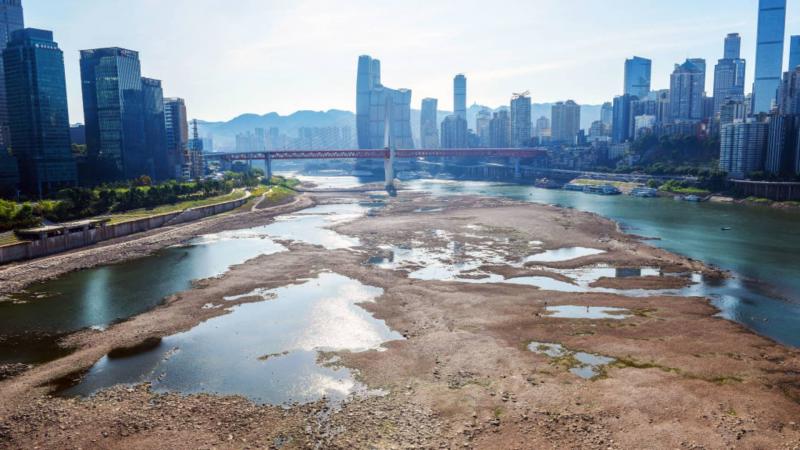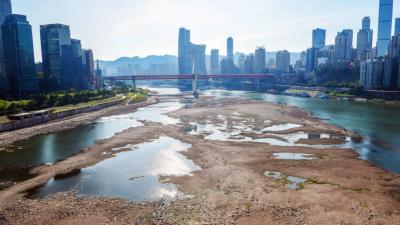A study has shown that more than half of the world's lakes and large water bodies have been drying up since the early 1990s, primarily due to climate change. Some of the most important sources of freshwater in the world, extending from the Caspian Sea to Lake Titicaca in South America, have lost water at a cumulative rate of approximately 22 gigatons annually over nearly three decades. This rate equals 17 times the volume of water found in Lake Mead, the largest natural reservoir in the United States.
The surface water specialist at the University of Virginia and head of the research team that conducted the study published in the journal *Science*, Fang Fang Yao, noted that "56 percent of the decline in natural lake water is attributed to global warming and human consumption, but rising temperatures account for the largest share of this." The study revealed that unsustainable human consumption is causing lakes such as the Aral Sea in Central Asia and the Dead Sea in the Middle East to dry up, while lakes in Afghanistan, Egypt, and Mongolia have been affected by rising temperatures that can increase water evaporation.
Water levels have risen in a quarter of the lakes, often as a result of dam construction in remote areas such as the Tibetan Plateau.




